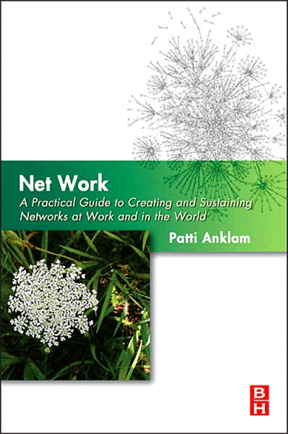Catching up — and trying to get ahead of 2010. Some interest bits from latest reading.
- Saba, a company that specializes in enterprise-wide human capital management, has created 8 predictions for how social computing will improve the enterprise value chain. A key thread in the predictions themselves is the importance of supporting the ability of people to learn from and work in informal networks:
- “Learning connections will matter more than learning transactions.”
- “Connecting people to expertise will begin to matter more for organizations than traditional learning management programs.”
- From Understanding Users of Social Networks (HBS Working Knowledge), research by Mikolaj Jan Piskorski looks at patterns of behavior on Facebook, MySpace, and Twitter. An interesting read as it differentiates how women and men use the sites. Most interesting (to me) in early results of research is in the use of Twitter: “Women actually say things, guys give references to other things.” It must have something to do with relatedness, and women’s needs to establish context and relationships, mustn’t it?
- Andrew McAfee (whose work I’ve been following for some time, though most of my blogs on social media and Enterprise 2.0 have been done on theAppGap) provides a nice summation of the current state of Enterprise 2.0 in a Financial Times article, Enterprise 2.0 is vital for business. In addition to citing some early results from McKinsey on the benefits of E2.0, he makes the case that what E2.0 does is to bring technological support for the informal organization, as they can support the emergence of structures and new patterns of coordination. This is grist for the ongoing complexity conversation.
There’s much more, and I’m behind on my book pile, too, but at least I’ve got a good start on networks, complexity and relatedness.


